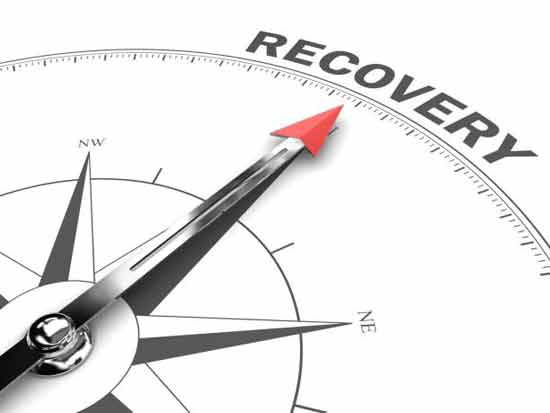Beware of recovery scams. Scammers often contact victims by phone or email and demand payment up front. Be wary of any recovery company asking for payment up front, even if they claim to be government-approved. It is also a good idea to avoid paying upfront for a service that has not been verified by the government. If you can’t find the company’s address on a search engine, it may be a scam.
Advance Fee Fraud

Some recovery scams are a type of advance-fee fraud, which asks victims to pay upfront for a promise to get more money. These recovery frauds often target those who have already been scammed by other companies. You should never pay up front for such services, as these companies are usually in the business of collecting money from unsuspecting victims. As a result, they are easy to spot. It is important to be honest about the condition of the fund recovery service, and to make sure you check out more information.
Fake Recovery Companies
Scammers often pose as legitimate recovery companies. They will claim to have recovered money for their clients, but these are simply false claims. The recovery rooms will also ask for upfront fees, and the scammers will not provide any money.
You should never pay up-front fees to recovery companies. They will never recover your money. You will have to deal with them later and they will leave you in a worse situation than before.
Avoid Recovery Companies

Be wary of recovery companies that contact victims and ask them for upfront payments. Scammers want to gain your trust and separate you from your money. In order to get your money, recovery rooms often use web-based email addresses, which are not used by law firms, law enforcement agencies, or charities. Scammers will also try to trick you into giving your financial information, so be careful. Don’t fall victim to these schemes.
Scam Prevention
These companies will promise to help you recover your money or merchandise. However, their scams usually require you to pay upfront, which may be disguised as an administrative or legal charge. These recovery companies also ask for your financial account number.
In many cases, they will ask for money in the name of charity or a recovery agency, which is the only reason they’re not legitimate. If you’ve been a victim of these scams, you’ll want to avoid getting scammed.
Recovering Room

Recovery rooms are generally not legitimate and may be fraudsters. They will also claim to have recovered money for you from a debtor. When you’re unsure of the legitimacy of a recovery company, report it to the FCA. Moreover, it is important to report any follow-up attempts that you’ve received.
Conclusion
Scammers often use sophisticated websites that look very professional. These recovery companies may pretend to be a legitimate company. Their sites will often use web-based email addresses.
They may use a fake name and website, or even try to pass themselves off as a legitimate firm. When you find a bogus recovery company, you’ll have to pay for the service and hope to get your money back.


